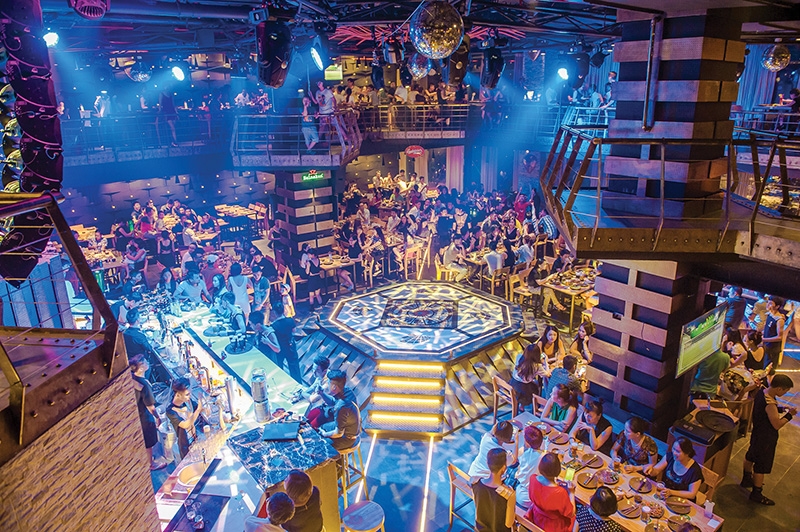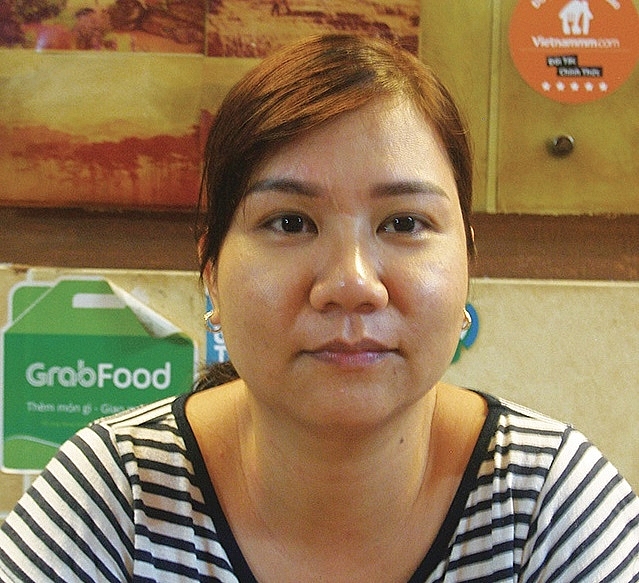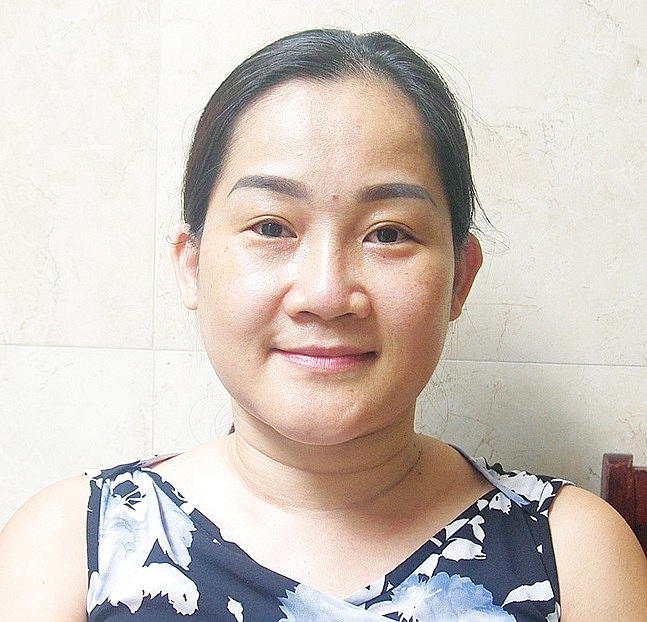Lifting Vietnam’s curfew on nightlife and local tourism
 |
| Clubbers and other night owls can rejoice as they will be allowed to enjoy night-time services until early morning |
The Vietnamese government has approved an initiative on night-time economy (NTE) development, allowing some activities to run until 6am the following day.
The pilot is to be held in 10 key tourism zones – Hanoi, Quang Ninh, Haiphong, Ho Chi Minh City, Danang, Hoi An, Thua Thien-Hue, Can Tho, Dalat, and Phu Quoc Island.
The project aims to exploit the potential of the NTE for the country, boost overall economic growth, and enhance incomes for residents while ensuring political security, social order, and safety.
As its name suggests, the night-time economy includes activities of trade and consumption at night. Many tourist destinations have gained prominence due to such activities which, apart from entertainment, also portray native customs and the local lifestyle.
NTE is typically more vibrant in regions such as Ho Chi Minh City, Danang, Hoi An, Sapa, and Hue, in the form of walking streets, food courts, convenience stores, night markets, beauty services, cafeterias, bars, cinemas, and more besides.
Across the whole country there are around 20 official night markets, 210 department stores, 900 cinemas, 1,000 supermarkets, and more than 3,000 24-hour convenience stores serving tourism, which are mainly located in Ho Chi Minh City and Hanoi. Most products offered mainly attract youngsters and foreign travellers.
Although as of yet there are no specific statistics showing the advantages that NTE already brings to the country’s economy, government revenues have increased thanks to dynamic recreation and shopping activities in particular provinces and cities.
For example, in 2018, Hanoi’s Hoan Kiem district, which is home to strong tourism and services at night, gained VND7.73 billion ($334 million) in local budgetary revenues, equal to 110 per cent of the plan.
Nguyen Thi Khanh, vice director of the Ho Chi Minh City Tourism Association (HTA), told VIR that with a splendid array of night activities, Vietnam will hold tourists longer and stimulate them to experience more Vietnamese products and services.
However, she added that locations such as the Ben Thanh night market in Ho Chi Minh City feature night activities such as food, shopping, and beauty services, but it does not bring comprehensive development for local tourism.
“Most businesses are individuals or small groups which cannot create an extensive network of activities to appeal to travellers,” she said. “Gradually, night activities which are built up from temporary demands of tourists become weak, inflexible, and monotonous and as a result, it does not sustain the economy.”
Commenting on this point, Nguyen Van My, CEO of Lua Viet Tours told VIR that one of the factors which partly limits tourists staying longer in tourist destinations is that some of the citizens of those regions do not take care, or embrace the potential, of the area themselves.
He claimed that if local people were interested in where they live, they would experience it, understand, and inspire others to come. “The three essential elements to strengthen NTE must be local people, tourists, and diversity of products and services,” he added. “Above all, it should integrate the demands and rights of local people, it must serve them first, because when tourists associate with the community, the economy will be sustained and move in the right direction.”
Khanh of the HTA claimed that a comprehensively developed NTE will bring remarkable benefits for every industry in the economy, not only for tourism. As the tourism industry is connected with other segments such as food and beverages, services, transport, and retail, once tourism increases, the whole economy will also improve.
According to the project’s architects, tourism also interacts with the sharing economy and digital economy, among others. For example, food delivery and transportation are the two which have become more popular at night in recent times.
As a result, the NTE project is expected to represent a real breakthrough in the tourism industry, as well as reaching its potential in all economic and cultural aspects.
Currently, however, there are some concerns about the project’s feasibility while COVID-19 remains complex and unpredictable. The pandemic is worrying many businesses in the tourism industry, with trips likely to be suspended or cancelled altogether at very short notice.
Nevertheless, the Vietnamese government has voiced its determination in deploying and expanding the pilot mode in order to develop the economy, while taking into consideration the ongoing health situation at the same time and adapting when necessary.
| Nguyen Thi Thu Van - Owner, Bookworm Coffee
If the night-time economy is comprehensively developed, I think my street will be bustling and crowded, even more busy than before the pandemic. However, it will obviously take time. Businesses are not following the same opening hours here. Indeed, although most of us run business on the same street, only bars and clubs open late. Most stores like mine can’t operate again until morning because there is no motivation to wait for just a few tourists looking to have a few sips of coffee at the night hours. I think before the government officially launches the project, they have to ensure that there will be no risk for people in doing business amidst COVID-19. Also, safety issues for both businesses and tourists must be deeply considered as the project gets into gear. Tran Thi My Duyen - Owner, Vinh Chung Hotel
For me, the project sounds good. I think it will bring more guests into my hotel in the future. Most of the visitors staying at my hotel are foreigners. I notice that they usually stayed home during the day, but like to eat out and socialise with their friends at night. Do Quang Dau street is a little quiet despite its location near Bui Vien. As Bui Vien street is more attractive at night with many activities for travellers, it is absolutely right to believe that many foreigners will arrive, and I might benefit from that. Serving in the hospitality industry, some specific characteristics differentiate my business with others. If guests hope to spend the night at my hotel, almost all of them will book online. And now whenever they come, I can let them in and don’t need to wait for my customers all night. Nguyen Tien Phu - Owner, Saigon Marvel Hostel
I think Ho Chi Minh City at night is more attractive, interesting, and crowded than it is during the day. Tourists and citizens like to hang out at night because it is cooler than during the day. So, I believe that the night-time economy will expand well, and I expect it will be operational soon. When I travel to other cities within the country, such as Hanoi, it is harder for me to find places to relax after work. Sometimes, I wish I could buy some of my favourite foods at midnight, but it is really hard for me to do this. Additionally, the night-time market does not only attract more tourists who want to spend nights out, but it will create jobs for people who may be unemployed or simply want to make extra money. However, it is important for leaders to control social issues like pickpockets, begging, and alcohol-fuelled disturbances too. |
What the stars mean:
★ Poor ★ ★ Promising ★★★ Good ★★★★ Very good ★★★★★ Exceptional
Related Contents
Latest News
More News
- Japanese business outlook in Vietnam turns more optimistic (January 28, 2026 | 09:54)
- Foreign leaders extend congratulations to Party General Secretary To Lam (January 25, 2026 | 10:01)
- 14th National Party Congress wraps up with success (January 25, 2026 | 09:49)
- Congratulations from VFF Central Committee's int’l partners to 14th National Party Congress (January 25, 2026 | 09:46)
- 14th Party Central Committee unanimously elects To Lam as General Secretary (January 23, 2026 | 16:22)
- Worldwide congratulations underscore confidence in Vietnam’s 14th Party Congress (January 23, 2026 | 09:02)
- Political parties, organisations, int’l friends send congratulations to 14th National Party Congress (January 22, 2026 | 09:33)
- Press release on second working day of 14th National Party Congress (January 22, 2026 | 09:19)
- 14th National Party Congress: Japanese media highlight Vietnam’s growth targets (January 21, 2026 | 09:46)
- 14th National Party Congress: Driving force for Vietnam to continue renewal, innovation, breakthroughs (January 21, 2026 | 09:42)




 Tag:
Tag:




















 Mobile Version
Mobile Version